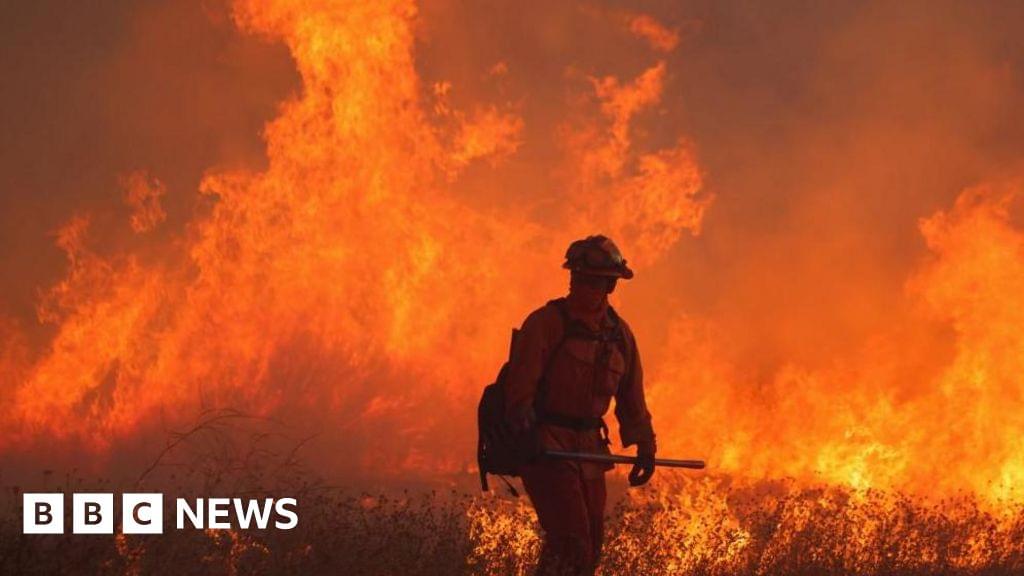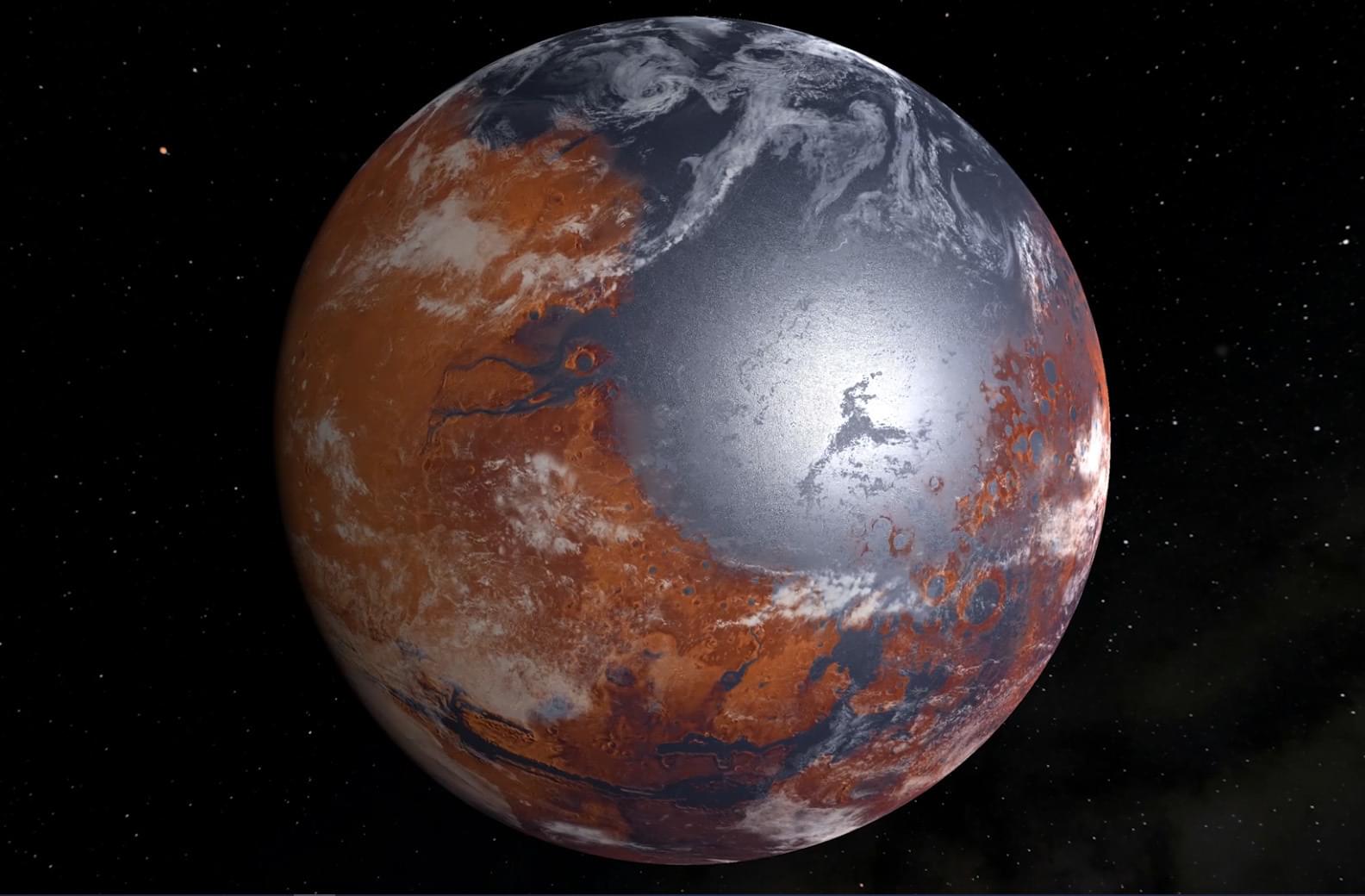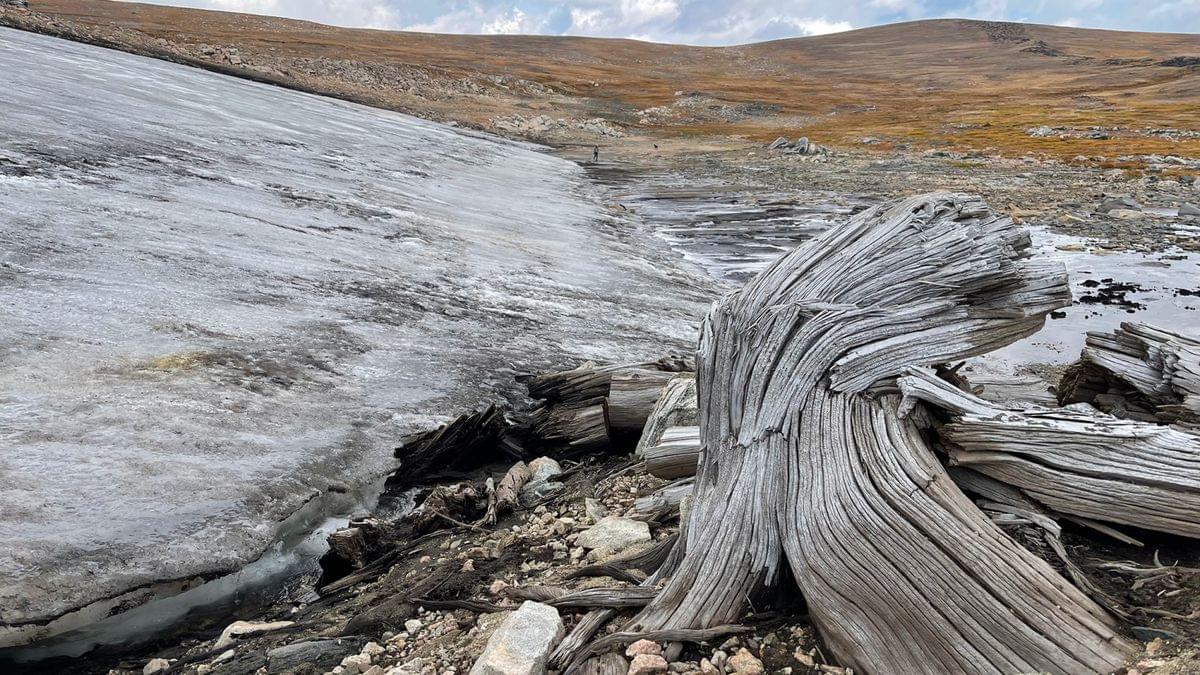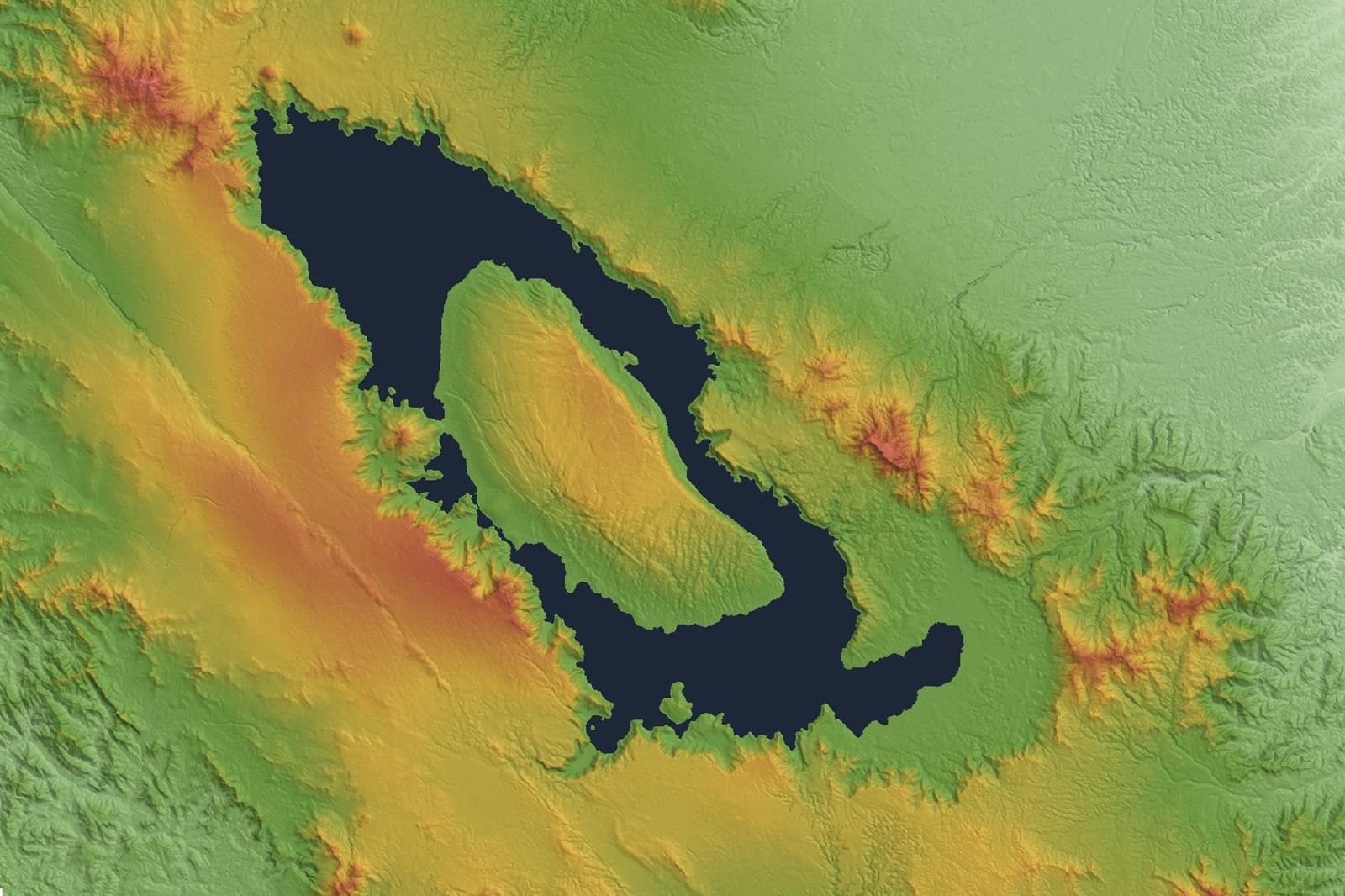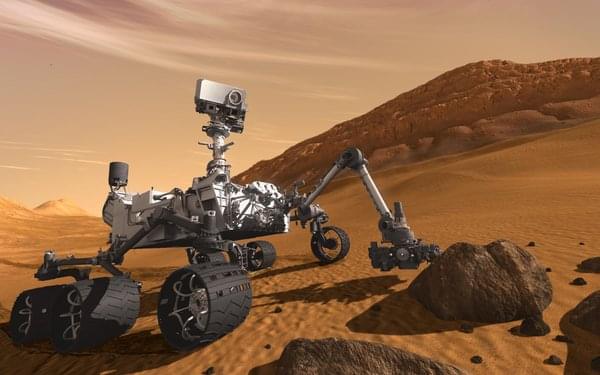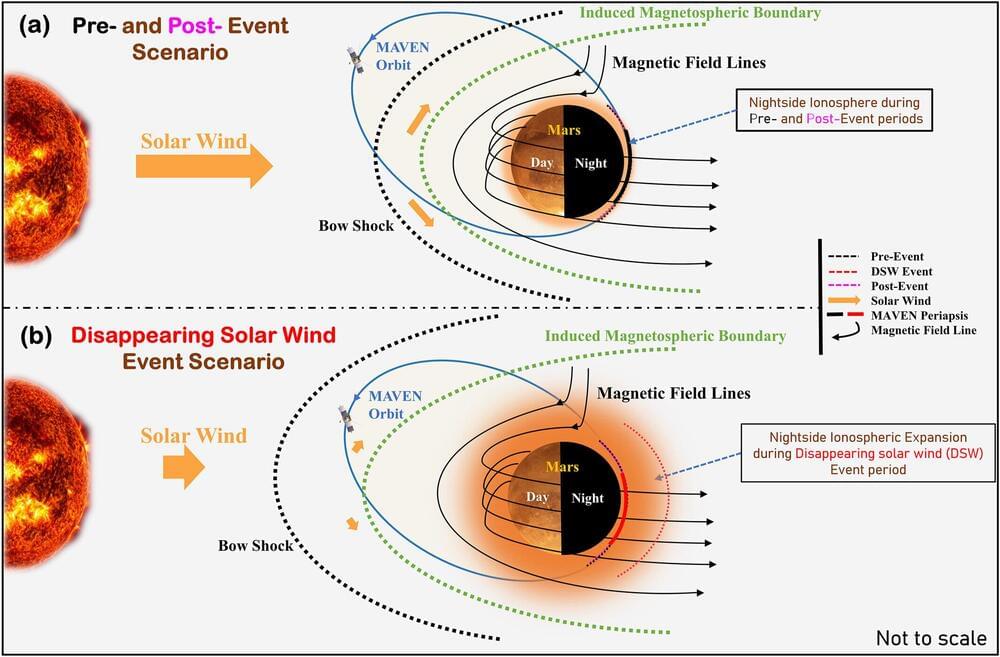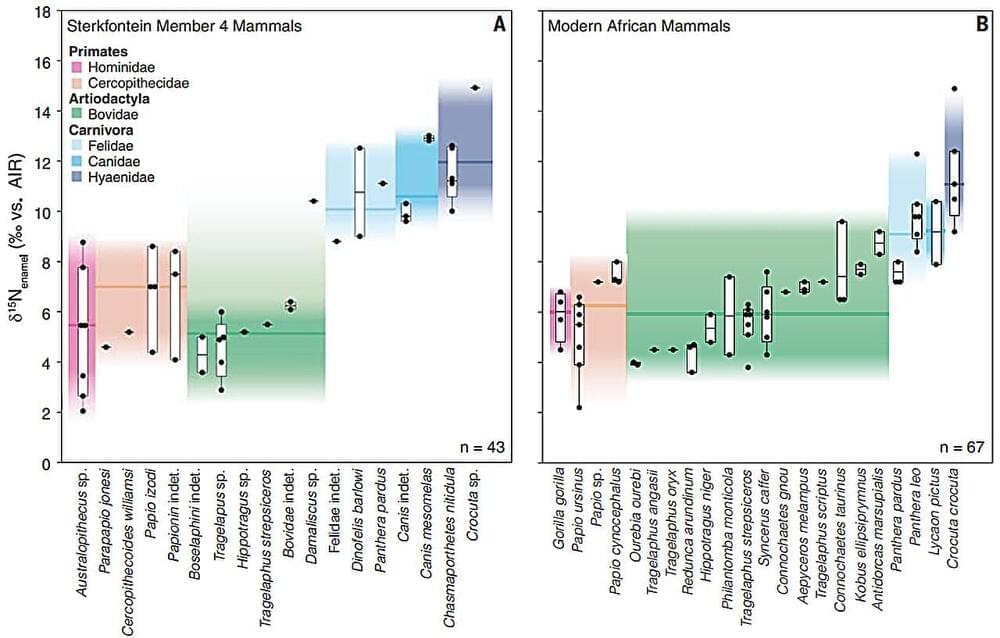Last month was the world’s warmest January on record and raised further questions about the pace of climate change, scientists say.
January 2025 had been expected to be slightly cooler than January 2024 because of a shift away from a natural weather pattern in the Pacific known as El Niño.
But instead, last month broke the January 2024 record by nearly 0.1C, according to the European Copernicus climate service.
